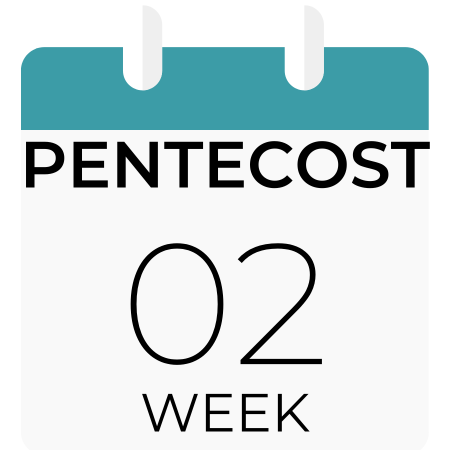On this Sunday (04/30/23), the Second Sunday of Pentecost (Parmoute 22), the Church reads an account from the Gospel of John, in which Christ describes himself as the “bread of life” (John 6:35-45). During the Holy Fifty days, each Sunday Gospel focuses on when Christ says “I am”—the bread of life, the living water, the light of the world, etc. By calling Himself the Bread of Life, Christ describes to us the eternal salvation we gain through the sacrament of the Eucharist.
By partaking of His Body and Blood every liturgy, we become one with Christ—providing us the opportunity for us to be with Him for eternity. As St. Cyril the Great explains, by calling Himself the Bread of Life, Jesus is:
“not corporeal bread, for it does not just satisfy the feeling of hunger and free the body from destruction caused by hunger, but it forms the whole living being once more toward everlasting life. The human being thus created lives forever conquering death. These words refer to the life and blessing we obtain through His holy body. Through His holy body the special characteristic of the only Son, that is life, is transferred to us.”
Christ says, “I am the bread of life; whoever comes to me shall not hunger, and whoever believes in me shall never thirst” (John 6:35). In the Old Testament, the Israelites relied on the Holy Manna for sustenance. However, this manna only filled them for a short period of time. In contrast, the Bread of Life nourishes us for eternity and lets us be united with Christ.
Every time we partake of His Body and Blood, let us remember the beauty of this gift that Jesus provided us. Through His death on the Cross and His Holy Resurrection, Jesus has saved us.
Sources:
Bible, English Standard Version
Commentaries on the Gospel of St. John by FR. Tadros Malaty

